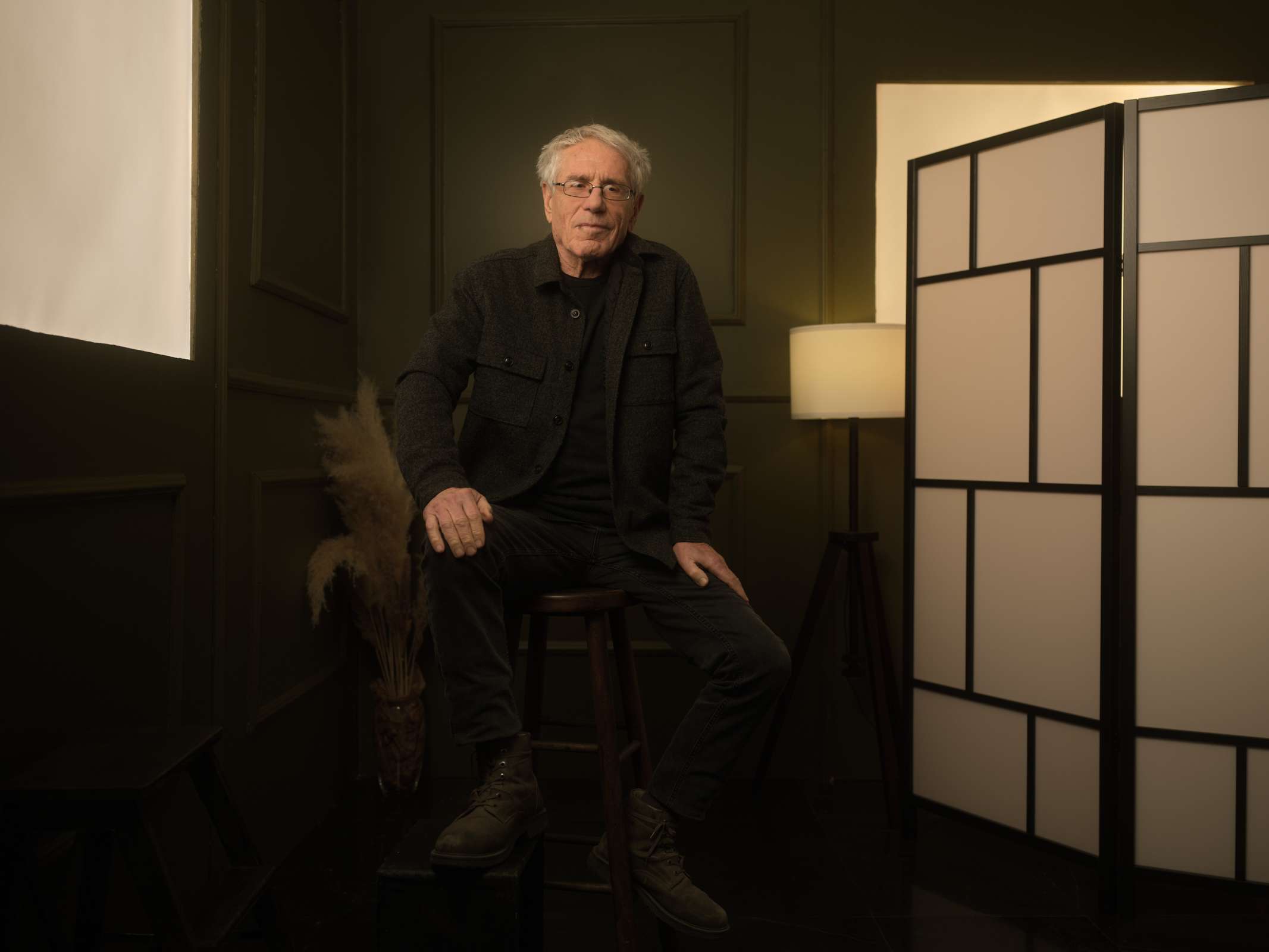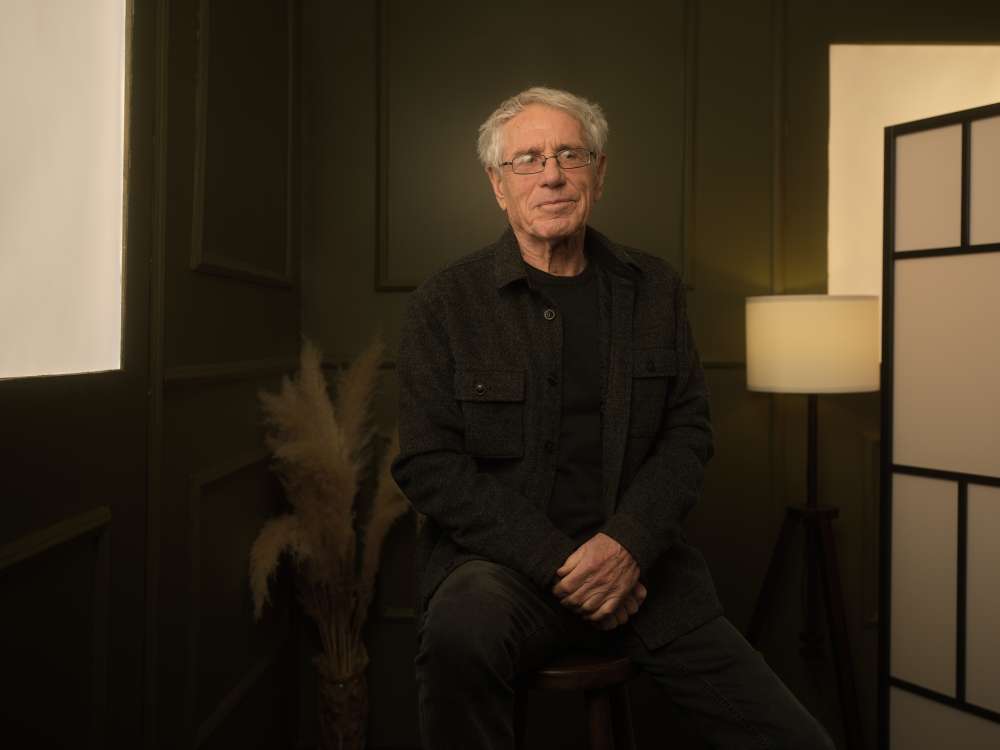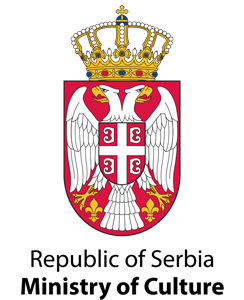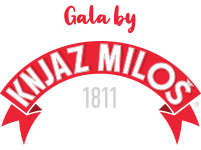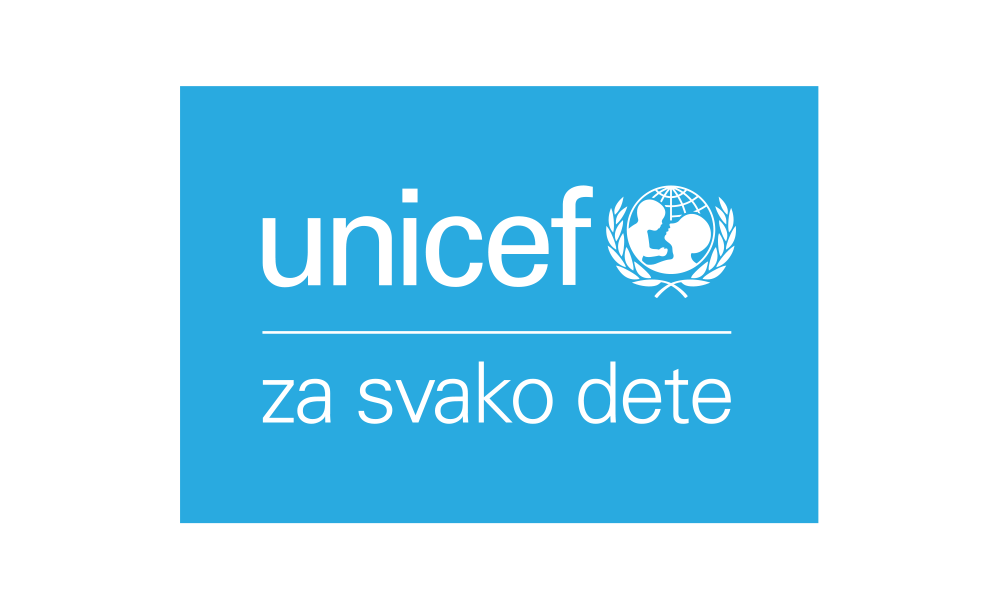This year’s first Belgrade Victor for Outstanding Contribution to Cinema will be awarded to Želimir Žilnik, one of the most significant and prolific directors of Serbian cinema. Žilnik is one of the key figures and founders of Serbian and Yugoslav modernist cinema, yet his body of work goes far beyond that period and extends to the present day. Last year, as part of FEST, Žilnik’s restored film ‘Early Works’ from 1969. was presented. In his nearly six-decade-long career, Žilnik shot about 60 films. His first professional documentaries, ‘Newsreel on Village Youth in Winter’, ‘Little Pioneers’ and ‘The Unemployed’, achieved great success at the Belgrade Documentary and Short Film Festival.
Žilnik’s first feature film ‘Early Works’ (1969), a grotesque about a group of young people who spread their uncompromising Marxist beliefs throughout the rural areas of Vojvodina, won the Golden Bear at the Berlinale, when Žilnik was 27 years old. After problems with censorship and obstructions, Žilnik emigrated to Germany in the earl seventies. He shot seven short films, as well as the feature film ‘Paradise’ (1976). Those films were among the first to treat the topic of guest workers in Germany.
At the end of the seventies, he returned to Yugoslavia and the director of the Serbian National Theatre Miloš Hadžić involved him in theatre work. During that period, he collaborated with the Vranešević brothers, musicians from the band Laboratorija zvuka, and the end result was ‘The Gastarbeiter Opera’, which premiered in 1977. He started directing films and docu-dramas for TV Belgrade and TV Novi Sad. Some of them were awarded at television festivals in Serbia and abroad. In the 1980s, with films such as ‘The Second Generation’ and ‘The Way Steel Was Tempered’, he thematized the hint of political and social changes in Yugoslavia at the time. Later, the film ‘Tito’s Second Time among the Serbs’ (1994) attracted great public attention.
During the eighties, as well as the nineties, in independent productions, Žilnik’s feature films were created, which received the most important awards at domestic festivals, and the film ‘Marble Ass’ received a special Teddy Bear Award at the Berlinale in 1995. The problems in the countries of Central and Eastern Europe, and especially the problems of refugees and migration on the border with the European Union, were the inspiration for Žilnik for the thematic cycle in which he shot the films ‘Kennedy Goes Back Home’ (2003), ‘Kennedy, Lost and Found’ (2005), ‘Europe Next Door’ (2005), ‘Logbook Serbistan’ (2015), and ‘The Most Beautiful Country in the World’ (2018).
Žilnik was born in Niš in a concentration camp in 1942. His parents were communist activists, who entered into one of the first partisan marriages, and he spent his childhood in Zemun with his grandparents. Later, he moved to Novi Sad to live with his aunt. Recognizable actors of the Serbian acting scene played in his films, and thanks to him, some of them became famous in the film industry. Moving pictures from Žilnik’s ‘workshop’ were shown in almost every part of the world, and numerous works were included in the collections of foreign art galleries and museums of contemporary art.He won the Lifetime Achievement Award at the Herceg Novi Film Festival and the Auteur Film Festival. He also received the Central European Initiative Award at the 30th Trieste Film Festival. His works are currently shown in various retrospectives all over the world: Cinemateca Argentina, 2018; Mar del Plata International Film Festival, 2017; Anthology Film Archive, New York & Harvard Film Archive, 2017; Ankara International Film Festival, 2016; DocLisboa, 2015; Arsenal, Berlin, 2015; International Film Festival, St. Petersburg, 2015; Cinusp, Sao Paulo, 2014; Thessaloniki International Film Festival, 2014, etc.
